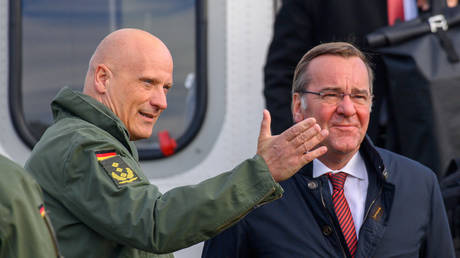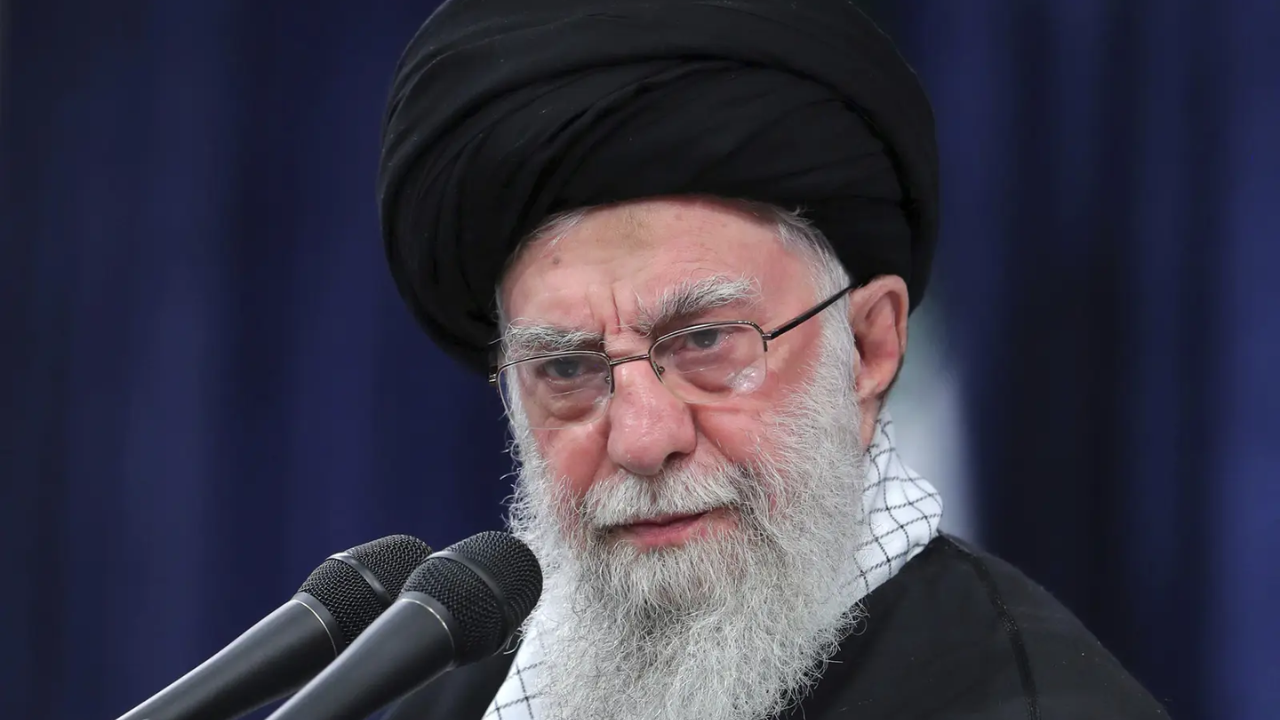ARTICLE AD BOX
Berlin launched a counterintelligence probe into how the conversation between senior Luftwaffe officers got out
Berlin has yet to officially admit the authenticity of discussions between German officers about helping Ukraine attack Russia, but a preliminary probe indicates the recording is real, according to multiple German media reports.
The leaked audio file is widely circulating in the Bundeswehr and is currently “classified as authentic,” Germany’s Welt newspaper wrote on Friday evening, citing “several soldiers” who have studied the recording.
Spiegel also wrote that after the first analysis “the recording is classified as authentic,” noting that the German counterintelligence immediately launched a probe into the matter and that “according to an initial assessment, AI-supported counterfeiting is largely ruled out.”
READ MORE: German discussion of attacks on Russia: What has emerged so far
The German Ministry of Defense refused to address the contents of the communications, but acknowledged in a brief statement to the German press that the military was “checking whether communications within the Air Force were intercepted.”
Read more Germany launches investigation into leaked Crimean Bridge attack talk
Germany launches investigation into leaked Crimean Bridge attack talk
On Friday, RT Editor-in-Chief Margarita Simonyan published a transcript and audio recording the conversation between four officers of the German air force (Luftwaffe), including its head General Ingo Gerhartz senior Luftwaffe officers, saying that she had obtained the file from Russian security officials.
In the 38-minute audio dated February 19, the officers discussed the operational and targeting details of Taurus long-range missiles that Germany was debating sending to Ukraine, as if this had already been agreed upon – and how to maintain plausible deniability so that Germany could avoid crossing the “red line” of direct involvement.
.png)
 8 months ago
5
8 months ago
5








 English (US)
English (US)